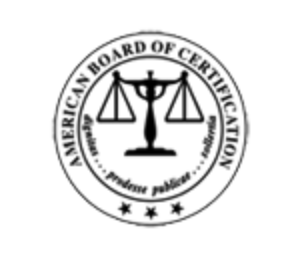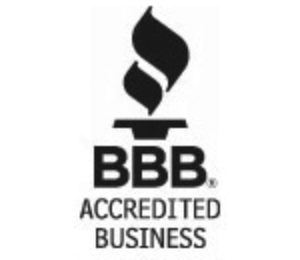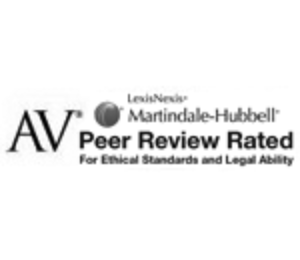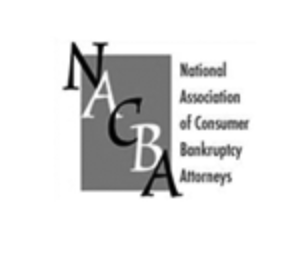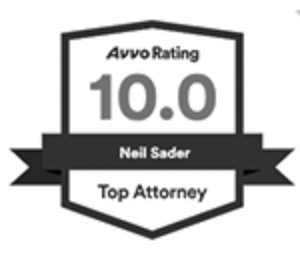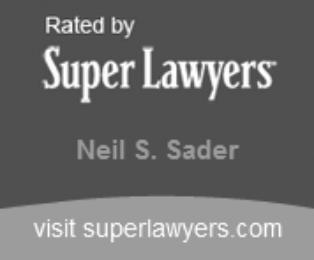Any individual or married couple, even if self-employed or operating an unincorporated business, is eligible for Chapter 13 relief as long as the individual or couples’ total debts are less than $2,750,000. This amount is a recent change in law that was enacted in 2022. A corporation or LLC may not be a Chapter 13 debtor. Chapter 13 also has very different rules from Chapter 7 in terms of filing after a previous bankruptcy filing. For example, even if you filed for Chapter 7 or Chapter 13 recently, you still may be eligible for filing under Chapter 13 once again. While the rules are somewhat complicated, at Sader Law Firm we are happy to guide you and provide all the options available to help you obtain your financial goals.
The law makes Chapter 13 bankruptcy very available for people to access. It is also often favored by creditors since it allows a full or at least partial repayment of debts.
While Chapter 13 has far less restrictions than Chapter 7, an individual cannot file under Chapter 13 or any other chapter if, during the preceding 180 days:
- A prior bankruptcy petition was dismissed due to the debtor’s willful failure to appear before the court or comply with orders of the court.
- The petition was voluntarily dismissed after creditors sought relief from the bankruptcy court to recover property upon which they hold liens.
In addition, debtors under Chapter 13 must receive credit counseling from an approved credit counseling agency within 180 days before filing and must also take a Financial Management Course after filing the case is filed but before the Discharge Order is entered. At Sader Law Firm, we will arrange for you to complete all necessary courses so that you can complete them at home over your phone or computer. At SLF we work with you to make the entire debtor education and filing process as easy as possible.
A Chapter 13 case begins as outlined above in our Chapter 7 page by the potential client emailing or calling our office to speak with an attorney. Thereafter, once all the required information is obtained, the case starts by the filing of a petition with the bankruptcy court. Unless the court orders otherwise, the debtor must also generally file the same documents required in a Chapter 7 bankruptcy. As discussed below, the debtor must also file a Chapter 13 plan.

 Chapter 7
Chapter 7 Chapter 13
Chapter 13 Stop Foreclosure
Stop Foreclosure Collections
Collections Commercial Real Estate
Commercial Real Estate Chapter 11
Chapter 11
